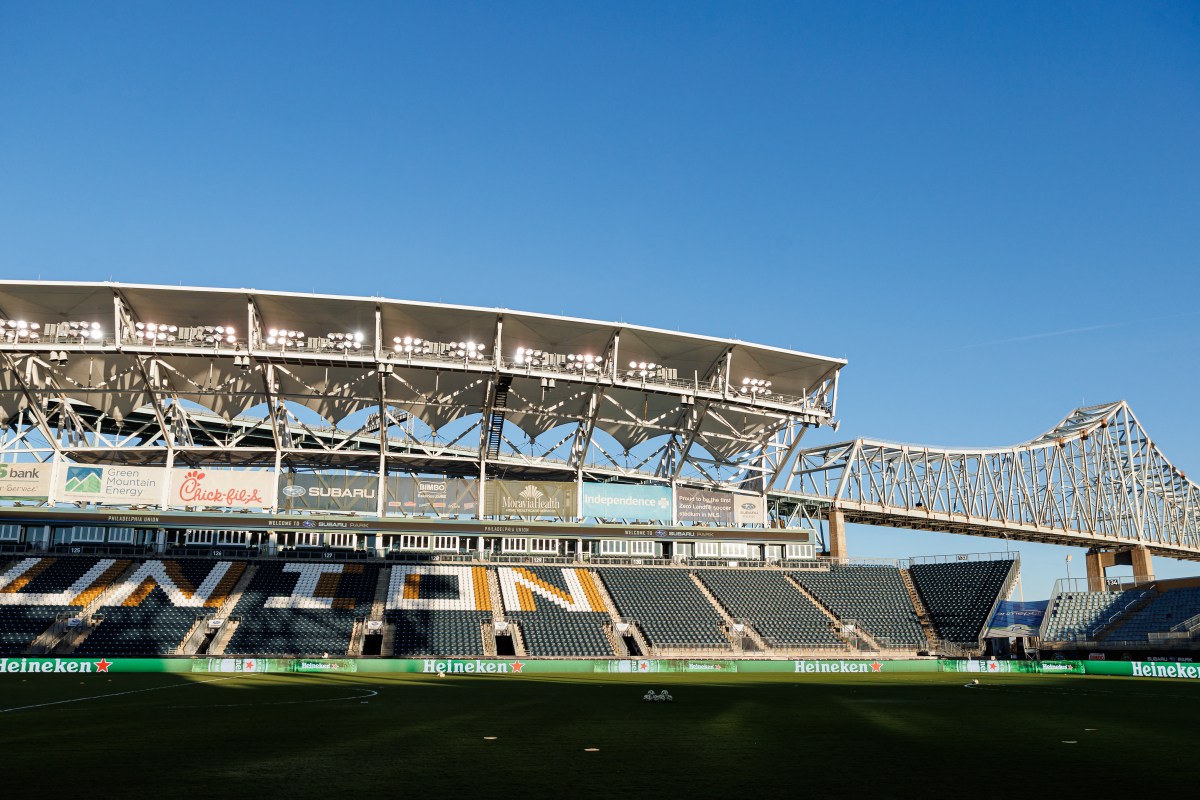LONDON (Reuters) – The downturn in euro zone manufacturing was not as bad as initially thought last month after more economies in the bloc eased restrictions imposed to quell the spread of the coronavirus, a survey showed.
Over 10 million people have been infected by the virus globally and more than 500,000 have died, leading governments to impose lockdowns and force businesses to temporarily close and citizens to stay at home.
But with transmission rates falling in much of Europe, and economies opening up, IHS Markit’s final Manufacturing Purchasing Managers’ Index (PMI) moved closer to the 50-mark separating growth from contraction in June.
It registered 47.4 last month, up from May’s 39.4 and comfortably ahead of an earlier flash reading of 46.9. An index measuring output jumped to 48.9 from 35.6.
“The final PMI numbers for June add further to signs that the euro zone factories are seeing a strong initial recovery as the economy lifts from COVID-19 lockdowns,” said Chris Williamson, chief business economist at IHS Markit.
“Expectations for the year ahead have also rebounded sharply as hopes grow that the economy will continue to find its feet again in the coming months.”
The future output index, which gauges optimism about the coming 12 months, bounced back into positive territory at 57.3 from May’s 44.6.
However, all other indexes remained stubbornly below the breakeven level, suggesting any recovery might be slow and long.
A June Reuters poll predicted the bloc’s economy contracted 12.5% last quarter but would expand 7.9% and 3.1% this quarter and next, respectively. [ECILT/EU]
To combat the historic downturn the European Central Bank has expanded its pandemic-related bond purchases to a total of 1.35 trillion euros and 31 of 41 economists in the Reuters poll said the ECB was not yet done with new policy announcements.
(Reporting by Jonathan Cable; Editing by Catherine Evans; jonathan.cable@thomsonreuters.com; +44 20 7542 4688)























